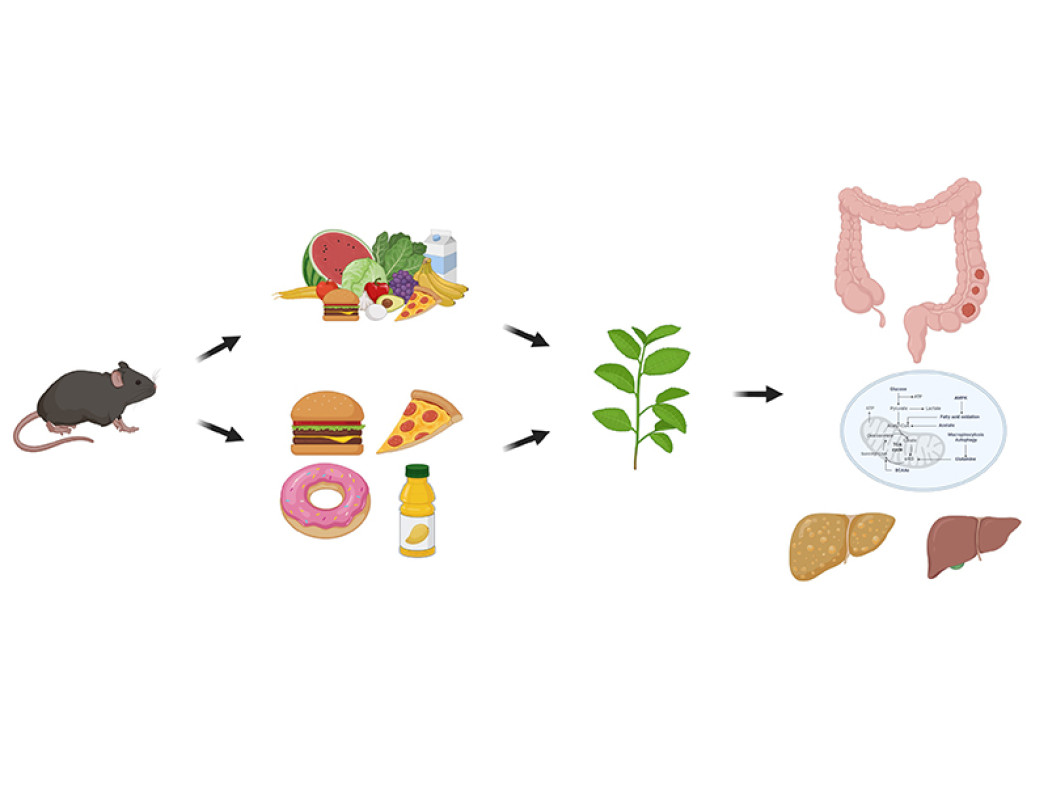
Event type Hybrid Event
LocationRoom BZ C3.06 | Universitätsplatz 1 - piazza Università, 1
Bozen
Location Information
Departments AGR Faculty
Contact Andrea Polo
Andrea.Polo@unibz.it
Mouse diet models for bioactive nutrient studies
Are the results of the use of animal models in biomedical and nutrition research of value to human wellbeing? Ways in which bioactive nutrients may affect physiology and nutrition
Event type Hybrid Event
LocationRoom BZ C3.06 | Universitätsplatz 1 - piazza Università, 1
Bozen
Location Information
Departments AGR Faculty
Contact Andrea Polo
Andrea.Polo@unibz.it
The Western Dietary Pattern (WDP) is characterized by energy-dense, nutrient-poor foods. In the first half of the 20th century, agricultural science and technology emphasized the production of low cost, highly processed, shelf-stable foods that were then fortified with essential vitamins and minerals to prevent nutrient deficiencies. While this strategy was successful in addressing calorie malnutrition and specific vitamin deficiencies in high income countries, it soon became apparent that the WDP is associated with the development of non-communicable, chronic diseases such as cardiovascular disease, diabetes, obesity and cancer. Consumption of nonessential, bioactive food constituents, like plant-derived flavonoids or dietary fiber, may help prevent chronic disease, whereas toxins in ultraprocessed foods may promote their development. In the majority of pre-clinical rodent studies investigating the molecular mechanisms of chronic disease prevention and development, researchers use standard basal diets that are balanced with respect to macro- and micronutrient levels. However, these diets do not reflect Western dietary patterns, and thus the applicability of the data derived from these studies is unclear. Using energy and nutrient profiles based on average US intakes, we developed the Total Western Diet for rodents as a tool to use for improving health through diet in preclinical studies. Using the TWD, we have worked to disentangle the relative contributions of background diet vs. food bioactive on selected chronic disease endpoints
Register at the following link:
People interested in participating online will receive the link upon registration to the event